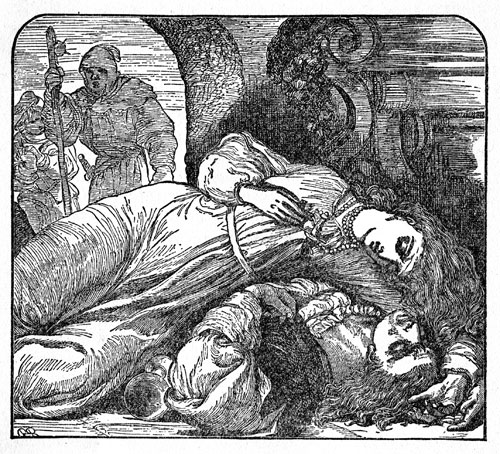 Literary Term Define the term and provide an example from the play for the following literary term:
Literary Term Define the term and provide an example from the play for the following literary term:
theme
Questions Answer the questions according to the developments in the play
Scene 1:
1. What news does Balthasar bring Romeo?
2. What does Romeo mean when he says, “Then I defy you, stars!”?
3. What actions does Balthasar’s news prompt Romeo to do?
4. Who says “My poverty, but not my will, consents.”?
Scene 2:
4. What does Friar John tell Friar Laurence?
5. After hearing this news from Friar John, what does Friar Laurence intend to do?
Scene 3:
6. Why is Paris at Juliet’s tomb?
7. Romeo gives Balthasar two reasons for entering the Capulet’s tomb. What are those two reasons?
8. Why does Paris think that Romeo has come to the tomb?
9. What is it about Juliet that should have told Romeo that she was not dead?
10. Why doesn’t Friar Laurence stay in the tomb with Juliet after she awakens?
11. Why does Juliet kiss Romeo after he is dead?
12. When Montague first arrives on the scene, what does he tell those gathered?
13. Relate the events that lead to Romeo and Juliet’s death as they are told by Friar Laurence near the play’s end.
14. What information does Romeo’s letter give?
15. How do Montague and Capulet plan to honor the memories of their children?
Quotes Indicate who is expressing the indicated quote, what scene the quote is from and the significance of the quote according to the play.
I do remember an apothecary,
Come, cordial and not poison, go with me / To Juliet’s grave; for there must I use thee.
Yea, noise? Then I’ll be brief. O happy dagger! / This is thy sheath; there rust, and let me die.
Some shall be pardon’d, and some punished:
For never was a story of more woe Than this of Juliet and her Romeo.
